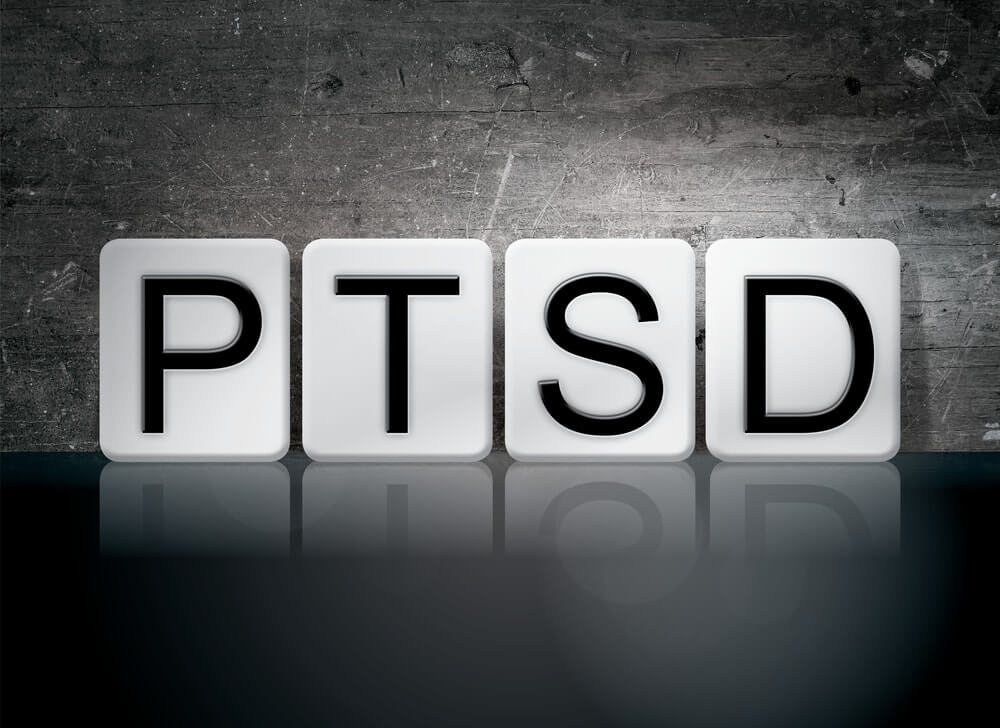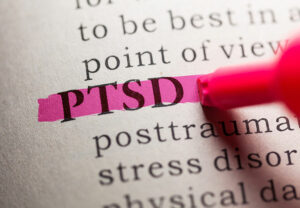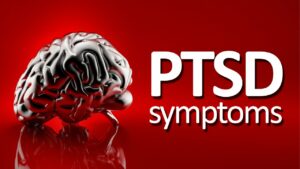It’s not always easy to tell whether or not someone is suffering from post-traumatic stress disorder. The signs can be very subtle, and many people choose to ignore them. If you think that you or someone you know may be experiencing signs of PTSD, it’s important to seek help as soon as possible. In this blog post, we will discuss the signs of PTSD that you should never ignore.
Contents
What Is PTSD?
Post-traumatic stress disorder (PTSD) is a psychological illness that occurs as a result of witnessing or experiencing a traumatic event. Flashbacks, nightmares, and intense anxiety are all possible symptoms.
Adjusting to life after a traumatic event can be challenging for many people, but with time and good self-care, most individuals overcome it. If the symptoms persist for months or years and disrupt your daily routine, you may have PTSD.
Symptoms
The symptoms of post-traumatic stress disorder (PTSD) have the potential to severely impact your daily routine. The indications most often appear in the first month after a traumatic event. In some instances, however, months or even years may pass before symptoms manifest.
The symptoms of post-traumatic stress disorder vary considerably from person to person, but they generally fall into one of the following categories.
Flashbacks
Whether or not you want to remember it, traumatic events can still resurface. You may have flashbacks or night terrors of the incident throughout the day. This means you feel as if you’re experiencing the event for the first time all over again.
Both of these situations may cause you to feel uneasy, scared, guilty, or mistrustful. These sentiments might manifest physically as chills, trembling, head pains, heart palpitations, and panic attacks.
Behavior Changes
These are known as “arousal symptoms.” They can increase the intensity of your feelings or cause you to act differently than you would otherwise. If you’re a cautious driver, for example, you might begin driving too fast or become excessively aggressive on the road. Raging fits of fury are all too frequent.
Although many find it difficult to focus, some may be unable to concentrate for long periods. Feelings of anxiety and being under assault can destroy attention and prevent you from finishing everyday chores. This might also lead to problems sleeping, whether you’re having nightmares or not.
Mood Swings
Your loved one may suffer from post-traumatic stress disorder (PTSD) without exhibiting the usual signs such as nightmares and flashbacks. It might appear to be a shift in mood that has nothing to do with the traumatic event.
The energy of sadness is one that people do not like or appreciate. It’s difficult to avoid it since, while unpleasant, it’s also very common. You’ll be able to tell if it’s around by its negativity. You might feel hopeless, numbed, or bad about yourself or others. Thoughts of suicide may come and go. Guilt and shame are typical deep emotions.
It’s also possible that you’ve developed new interests in the meantime. Activities that you used to enjoy may no longer pique your interest. Your desire to keep in touch with close pals and relatives may have waned.
Avoidance And Emotional Numbing
Avoiding people or locations that remind you of the trauma, as well as avoiding talking about it, are two more typical PTSD symptoms. This generally entails avoiding particular individuals or places because they bring back memories of the trauma.
Many people who suffer from PTSD attempt to forget the event, typically by focusing on other things. Some individuals use techniques such as not feeling anything at all to cope with their emotions. This is referred to as emotional numbing.
When your loved one is “high,” they may feel no sense of urgency and be generally unengaged. This can lead to isolation and withdrawal, as well as giving up on past hobbies.
Hyperarousal
Hyperarousal is a state of mind in which people are constantly on alert. Someone with PTSD may be highly nervous and have a hard time relaxing. They may be easily startled and on the lookout for dangers all of the time.
Hyperarousal causes the following symptoms:
- irritability
- Outbursts of rage
- difficulties with sleeping (insomnia)
- Concentration becomes more difficult
Physical Health Issues
For many people with PTSD, it is hard to function in their day-to-day lives. It makes them feel extreme fatigue, make it hard to concentrate, and they can have trouble sleeping. They often feel like they are in danger all the time, even when they are not. PTSD can cause various physical symptoms such as headaches, dizziness, chest pains, and stomach ailments.
Difficulty At Work
When To Seek Medical Assistance?
It’s natural to have distressing and confusing thoughts after a traumatic experience, but in the majority of people, these dissipate on their own over a few weeks. If you or your child are still having difficulties about four weeks after the traumatic event, or if the symptoms are particularly distressing, see your doctor.
Your doctor will want to go through everything with you, in as much detail as possible, at some point. They’ll want to know whether you’ve had a traumatic experience in the past or distant past, as well as if you’ve re-experienced it through flashbacks or nightmares. Your doctor may refer you to mental health practitioners if they believe you would benefit from therapy.
Conclusion
At the end of this blog it is concluded that signs of PTSD should not be ignored and if you or anyone you know is experiencing any signs of PTSD, please seek professional help as soon as possible.
PTSD is a serious mental health condition that can have a profound effect on every aspect of your life. If you think you might be suffering from PTSD, it’s important to reach out for help. A qualified mental health professional can assess your symptoms and provide the treatment that can make a difference in your life. Don’t be a victim and get help as soon as possible.
For more information, please contact MantraCare. PTSD or Post-Traumatic Stress Disorder is a mental health condition that affects people who have experienced or witnessed a traumatic event. If you have any queries regarding Online PTSD Counseling experienced therapists at MantraCare can help: Book a trial PTSD therapy session





